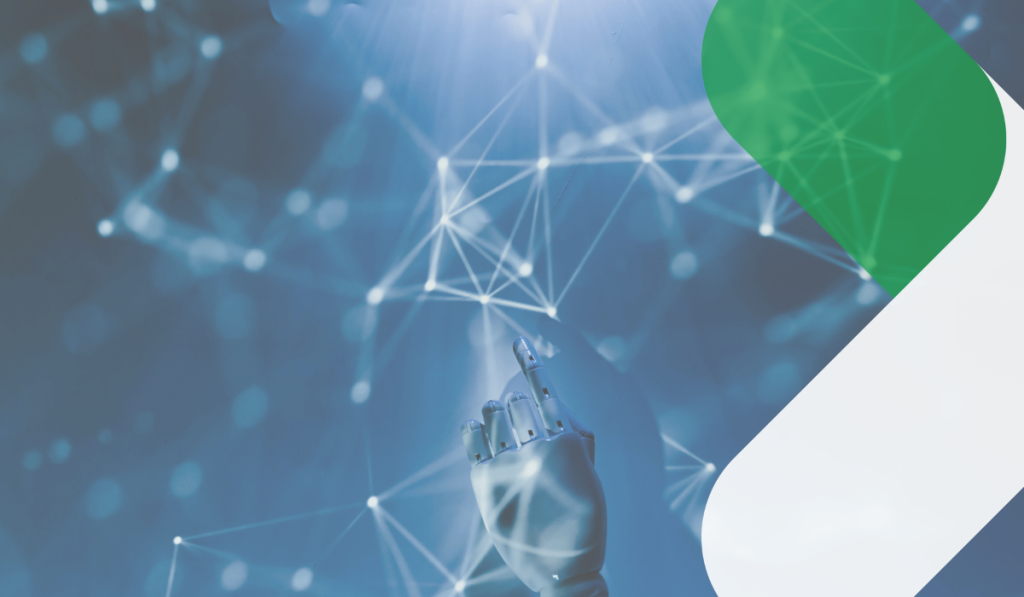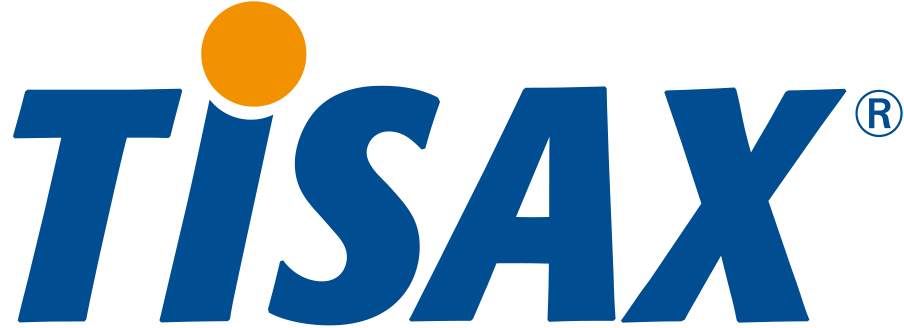An AI readiness assessment involves several strategic approaches and a structured framework to ensure comprehensive evaluation and actionable insights. Each method has benefits and considerations, whether leveraging internal resources, engaging external consultants, or using online tools. At rinf.tech, our tailored framework ensures that every aspect of AI readiness, from stakeholder alignment to data and infrastructure analysis, is meticulously evaluated to pave the way for successful AI integration. Here’s a closer look at the approaches and our detailed assessment process.
Approaches for AI Readiness Assessment
Internal Assessment
Conducting an internal assessment allows businesses to tailor the evaluation to their specific needs and context. This approach leverages internal resources and insights, making it highly customized. However, it requires significant expertise and dedicated talents and resources within the company. Thus, while internal assessments can be practical, they are best suited for organizations with mature IT and data science capabilities.
External Consultants
Engaging external consultants is often preferred due to their specialized expertise, “tribal knolwdge”, access to AI talents and ability to save costs. AI consultants bring a wealth of experience from various industries and can provide a comprehensive assessment with actionable insights. Although this method can be more expensive than internal assessment, the benefits include access to cutting-edge technologies and unbiased conlcusions. Therefore, while considering the cost, the strategic advantages of external consultation can significantly outweigh the investment.
Online Tools
For companies seeking a preliminary assessment, online tools offer a quick and cost-effective solution. These tools can provide initial insights into AI readiness by evaluating various aspects such as data quality, infrastructure, and organizational readiness through automated questionnaires and analytics. While less detailed than an internal or consultant-led assessment, these tools are valuable for gaining an initial understanding and identifying significant gaps.
Some of the most popular tools for an Ai readiness assessment include:
IBM Watson AI Readiness Tool
Overview: IBM offers an AI readiness tool that helps organizations assess their preparedness for AI implementation. It provides insights into the current state of your data, infrastructure, and AI compatibility.
Features:
- Questionnaire-based assessment
- Customized recommendations based on responses
- Evaluation of data management practices, infrastructure, and AI strategy
Deloitte AI Maturity Assessment
Overview: Deloitte offers an AI maturity assessment tool designed to evaluate your organization’s AI capabilities and readiness. It helps identify strengths, gaps, and opportunities for AI deployment.
Features:
- Comprehensive assessment covering strategy, data, technology, and people
- Benchmarking against industry standards
- Detailed report with actionable insights
Microsoft AI Readiness Framework
Microsoft provides an AI readiness framework that includes tools and resources to assess your organization’s AI readiness. This framework helps you understand your current state and plan for AI adoption.
Features:
- Self-assessment tools
- AI strategy templates and guides
- Resources for developing AI skills and capabilities
Boston Consulting Group (BCG) AI Readiness Assessment
Overview: BCG offers an AI readiness assessment tool that helps organizations determine their preparedness for AI adoption and implementation. It evaluates key areas such as strategy, data, technology, and workforce.
Features:
- Diagnostic tool with a series of questions
- Custom assessment report
- Recommendations for improvement and AI strategy development







